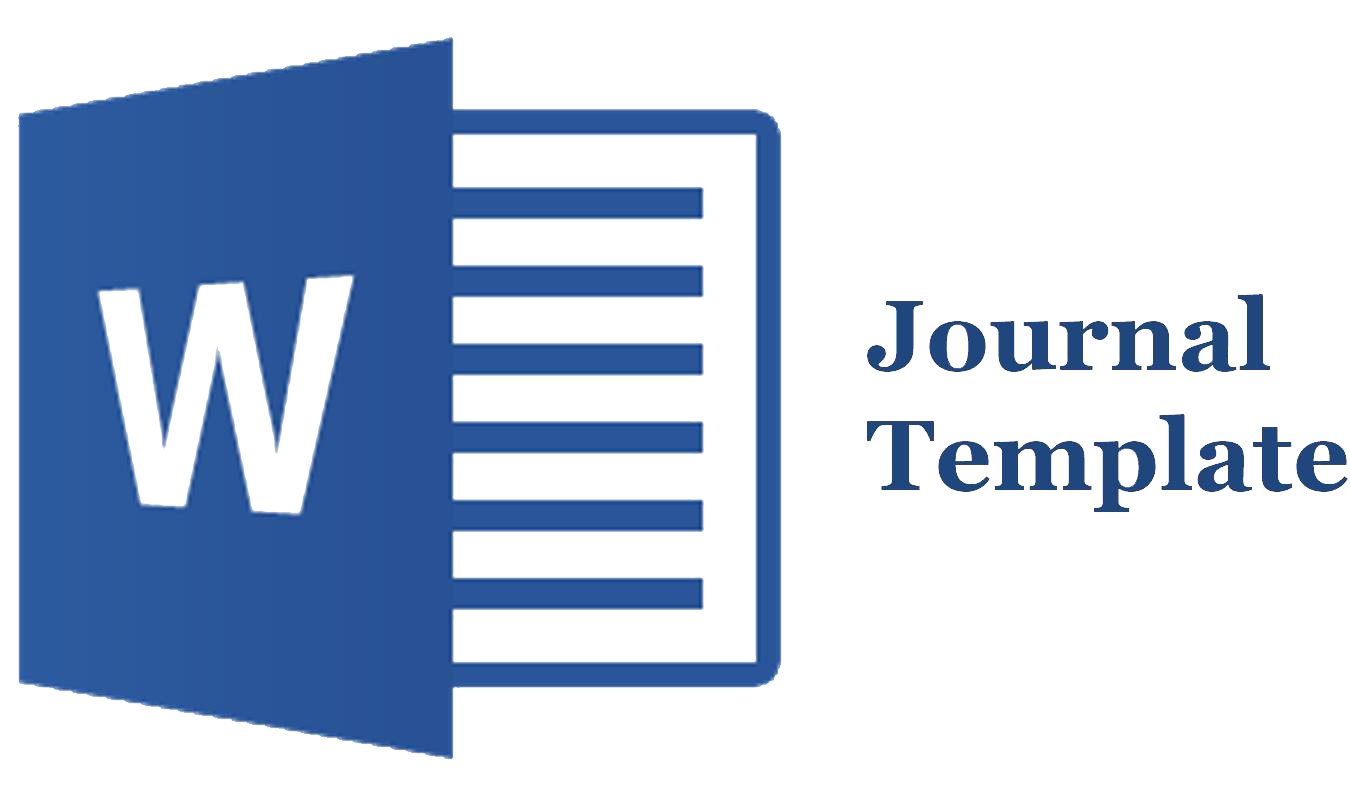Millennials’ Political Rationality toward Candidates with a Corruption Conviction in the DPD Election of Southeast Sulawesi
Abstract
This study aims to analyze the rational choices of the millennial generation regarding the nomination of former corruption convicts in the Southeast Sulawesi electoral district for the Regional Representative Council (DPD RI) in the 2019–2024 period. Using a qualitative-descriptive approach, the research involved eight Political Science students from Halu Oleo University who were aware of the nomination of former corruption convicts. The findings reveal that millennials tend to reject problematic candidates based on experience value, reflecting disappointment with past corruption cases. However, some respondents were still willing to support such candidates if they demonstrated clear vision, mission, and satisfactory political performance (decision value). These results indicate that millennial political behavior is not strictly dichotomous but shaped by the interplay of past experiences and rational calculations of future political benefits.
Keywords:
DPD RI Southeast Sulawesi, Former corruption convicts, Millennial generation, Political behavior, Rational choiceDownloads
References
How to Cite
Published
Issue
Section
License
Copyright (c) 2024 Saptarina Imelda Madani

This work is licensed under a Creative Commons Attribution-NonCommercial-ShareAlike 4.0 International License.
- Authors retain copyright and grant the journal right of first publication with the work simultaneously licensed under a Creative Commons Atribusi-Non Commercial-Share Alike (CC BY-NC-SA).
- Authors are able to enter into separate, additional contractual arrangements for the non-exclusive distribution of the journal's published version of the work (e.g., post it to an institutional repository or publish it in a book), with an acknowledgement of its initial publication in this journal.
- Every publication (printed/electronic) are open access for educational purposes, research, and library. Other than the aims mentioned above, the editorial board is not responsible for copyright violation.













